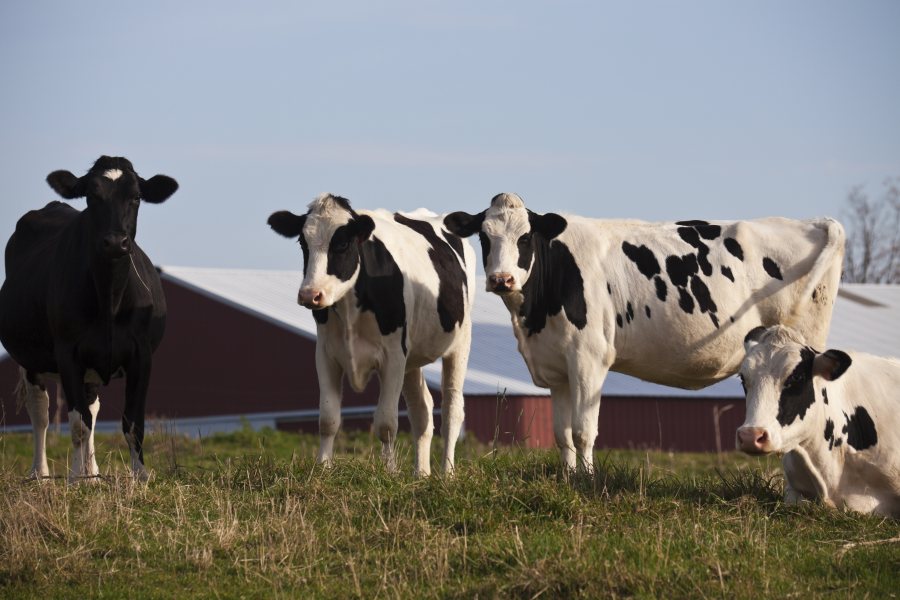
The United States Department of Agriculture has issued a federal order for the testing of the nation’s milk supply due to a surge in bird flu cases.
The H5N1 strain of the virus was first detected in March in a Texas cow and has since continued to spread across the country.
The ongoing outbreak of bird flu in the US has infected poultry flocks in nearly every state since 2022, as well as over 700 dairy farms.
The disease has also been confirmed in at least 58 people, including a child.
Under the USDA's new federal order, regulators will be able to test unpasteurised milk samples samples from dairy farms.
The order requires the sharing of raw milk samples, upon request, from those responsible for a dairy farm, bulk milk transporter, bulk milk transfer station, or dairy processing facility.
Secondly, it requires herd owners with positive cattle to provide epidemiological information that enables activities such as contact tracing and disease surveillance.
And like USDA’s federal order made in April, it requires that private laboratories and state veterinarians report positive results to the department that come from tests done on raw milk samples.
It added that the first round of testing will begin the week of 16 December.
The federal order marks the start of the USDA's National Milk Testing Strategy, a plan to expand testing first at the regional level, and then on individual farms as necessary until herds in an area are determined to be free of the virus.
Agriculture Secretary Tom Vilsack said the government had 'swiftly and diligently' identified affected herds and responded accordingly.
"This new milk testing strategy will build on those steps to date and will provide a roadmap for states to protect the health of their dairy herds," he said.
“Among many outcomes, this will give farmers and farmworkers better confidence in the safety of their animals and ability to protect themselves, and it will put us on a path to quickly controlling and stopping the virus’ spread nationwide."
It comes as the UK government recently confirmed it has prepared five million vaccine doses in case of an avian influenza pandemic this winter.
The vaccines would be used if the H5N1 strain spreads among humans, as part of preparations for any possible influenza pandemic.
